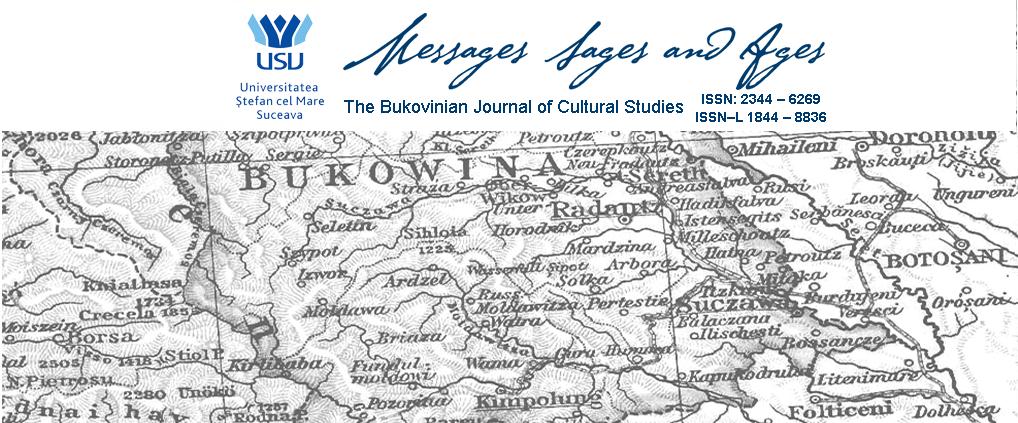Abstract:
This paper is constructed as an elaborate answer to the question “what is and what should be a public intellectual today?” Using a range of critical theorists I argue that the function of a public intellectual is connected to specific conceptions of truth, and reveal the inherent difficulty of conceiving a straight-forward role of such a public intellectual within a relativist context. I then resolve the difficulty by elaborating an idea of an “existential democracy” revealed in and by the context of our inter-connected information society (cyberspace). What is a public intellectual today then? A public intellectual would have to be a genealogist, a critic of culture that would be capable of letting truth speak through writing, and, ultimately, a true practitioner and adherent of democracy understood existentially – meaning rather on an ontological level than political, or political only insofar as ontological. The paper also opens up a series of intriguing questions that are worth investigating in separate inquiries similar to the one I attempt here: what happens to the process of knowledge within the bounds of this existential democracy, what happens to our educational systems, and what happens with our already solidified academic understanding of humanistic research?
